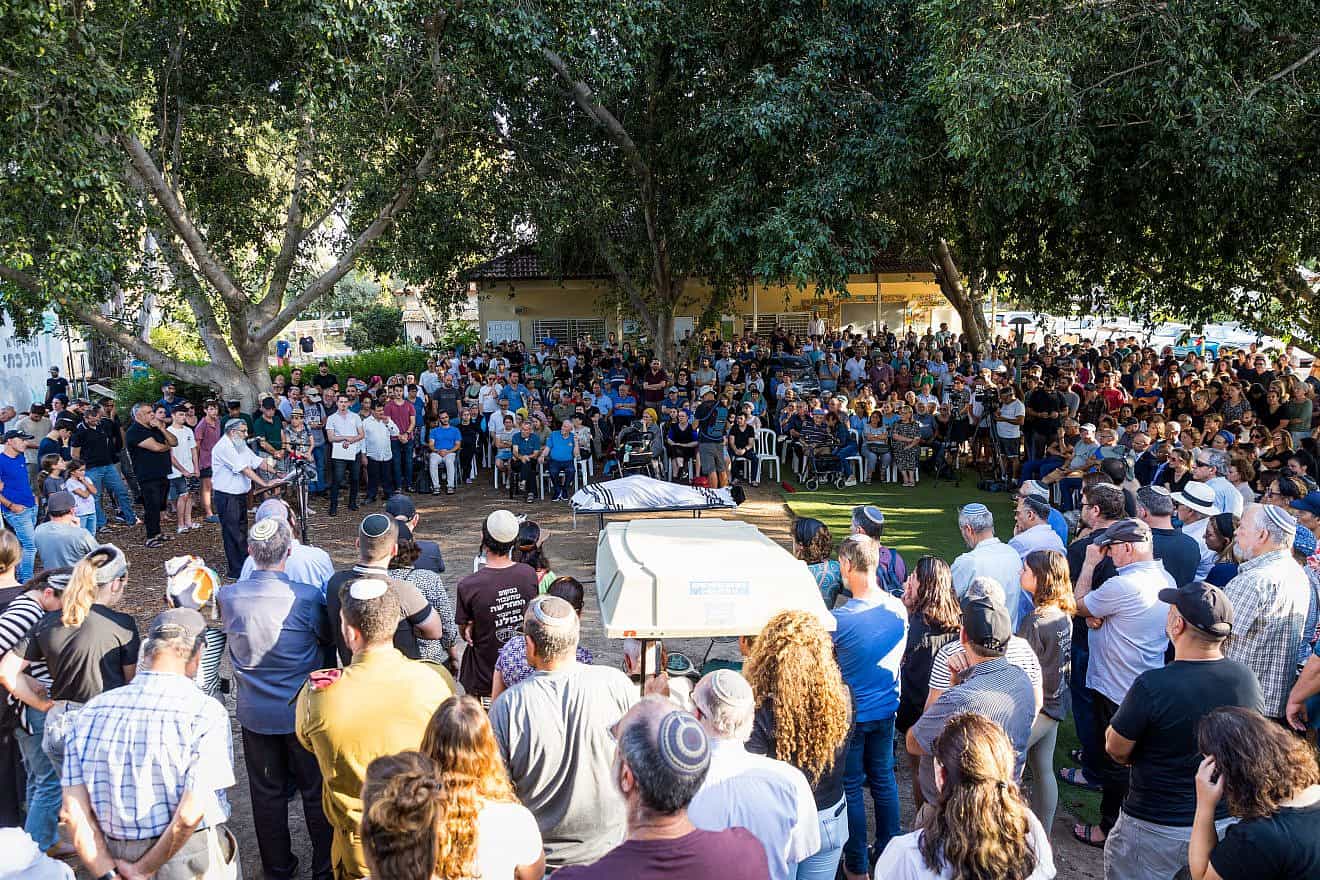David “Dugo” Leitner was born in Hungary in 1930 to his parents, Meir and Golda Leah, and raised in an Orthodox home. In March 1944, invading Nazi Germans corralled his family to the ghetto; six weeks later, they were sent to Auschwitz-Birkenau.
Young David was separated to live with thousands of other children there.
On Jan. 18, 1945, he started the long trek (known as the death marches) from Auschwitz to Mauthausen and from there to Gunskirchen, where he was liberated. Gripped with hunger, the teen dreamed of his murdered mother’s bilkalach—balls of dough cooked to a golden brown.
Leitner survived to enjoy similar foods for the rest of his life.
He moved to Israel in 1949, joined the Israel Defense Forces and eventually settled in Moshav Nir Galim. At an outdoor market in Jerusalem, he saw falafel for the first time and recalled the nostalgic cuisine of his youth that had sustained him during the escape through the Polish countryside. Despite the chickpea dish tasting very different, a new yearly ritual commemorating his survival began.
The Times of Israel reported that Leitner died on July 26 at the age of 94. His annual personal observance every Jan. 18 grew to be celebrated and recognized around the globe.
While initially a private act, Leitner’s family began participating with him, and the media took notice. As more people joined in, the day took on a special name: “Operation Dugo.”
In 2019, Israeli President Reuven Rivlin invited Leitner for a falafel meal. Other leaders who have also participated in the tradition include President Isaac Herzog and former Israel Defense Forces Chief of Staff Lt. Gen. Aviv Kochavi.
Leitner and his wife, Sarah, had two daughters; and numerous grandchildren and great-grandchildren.





























